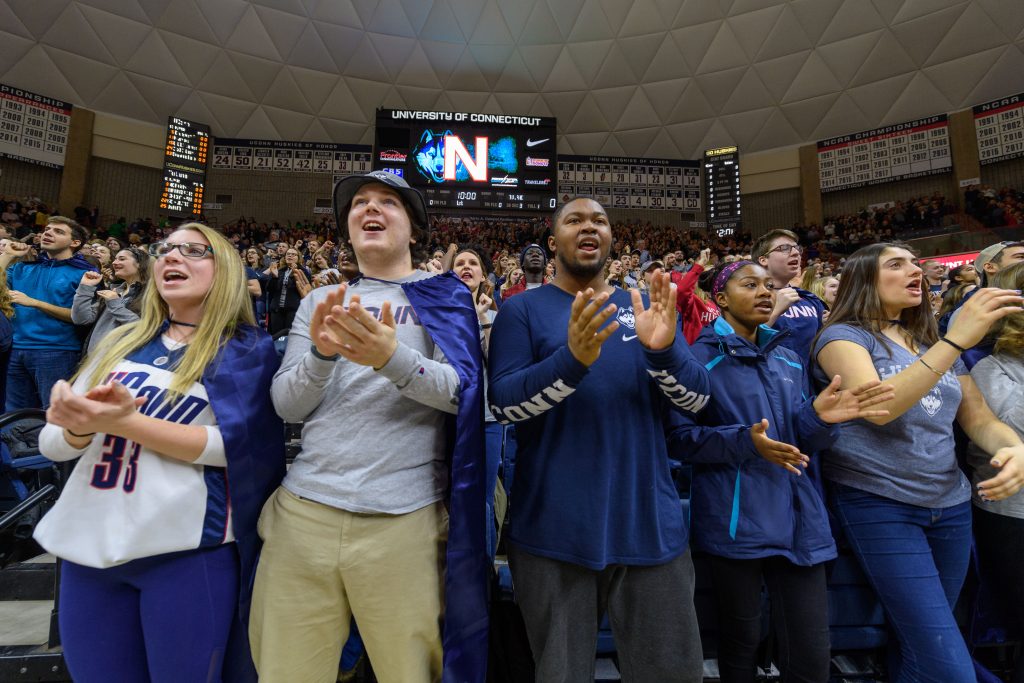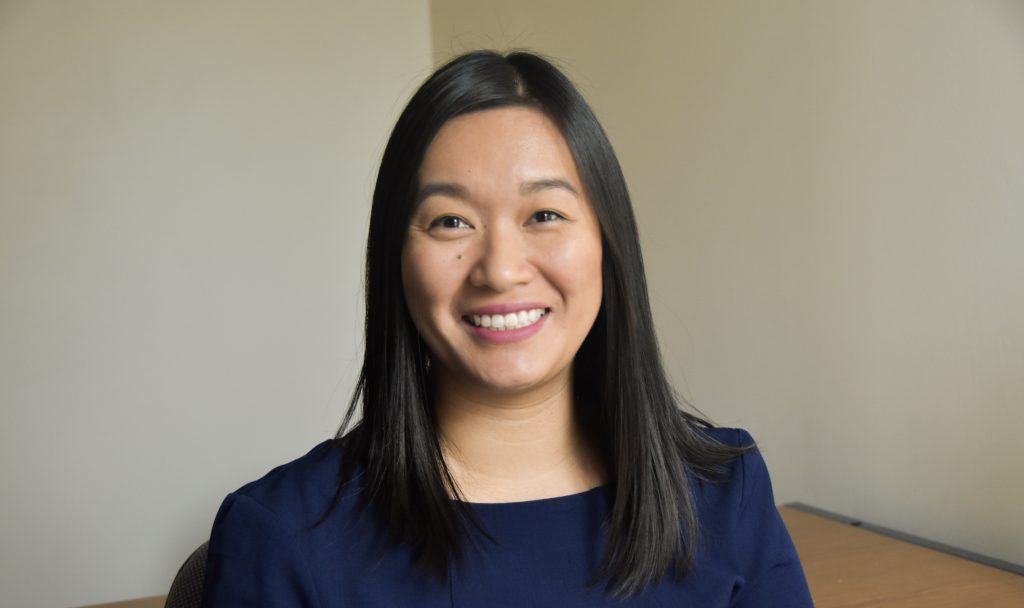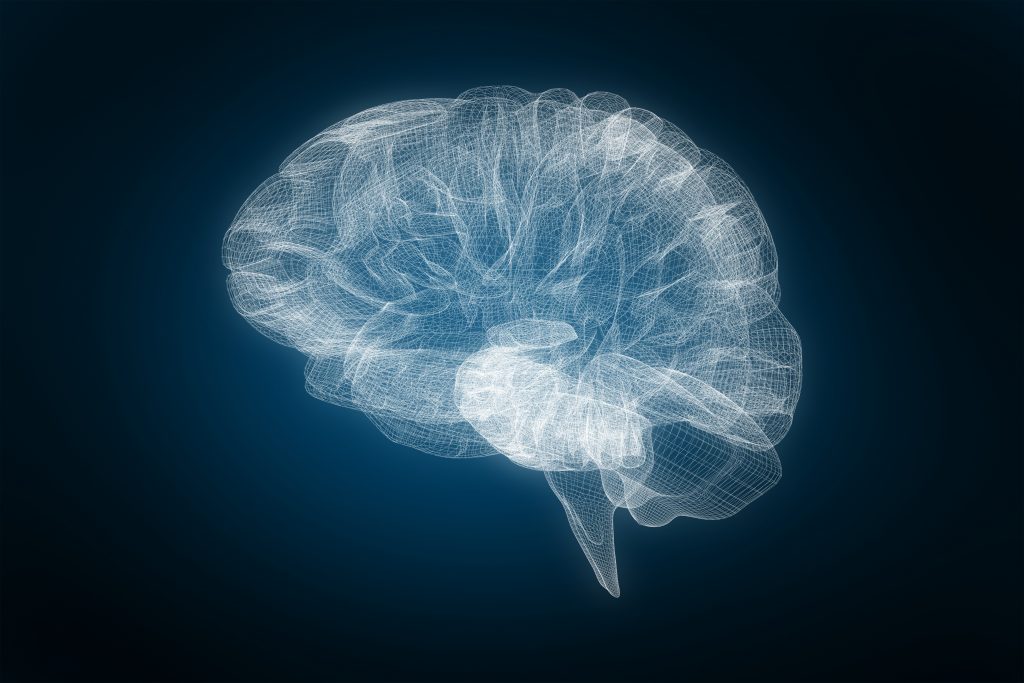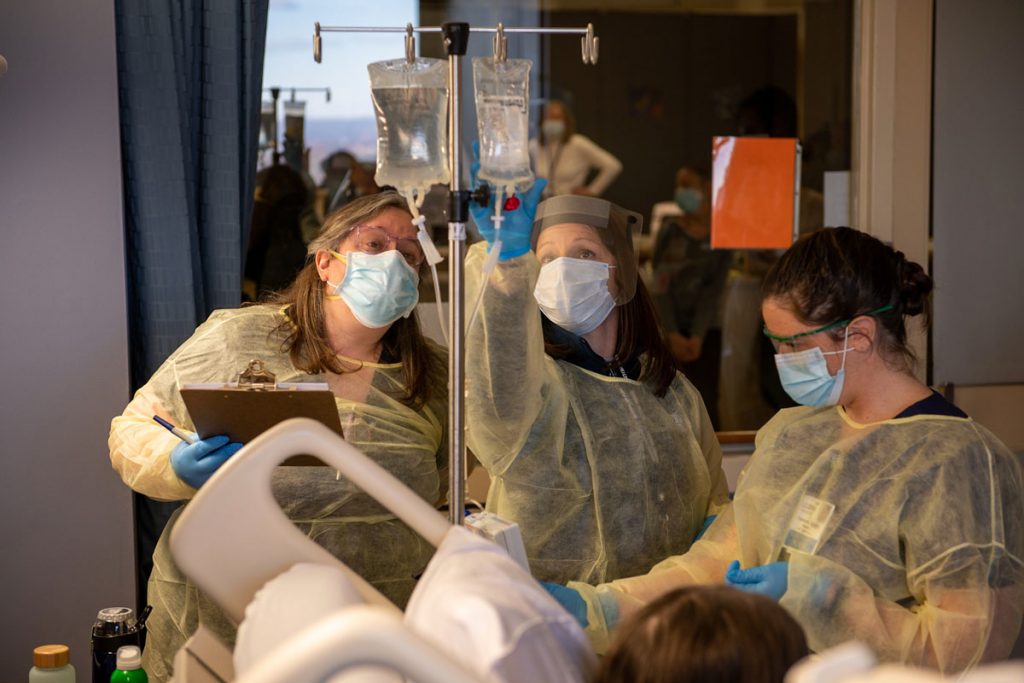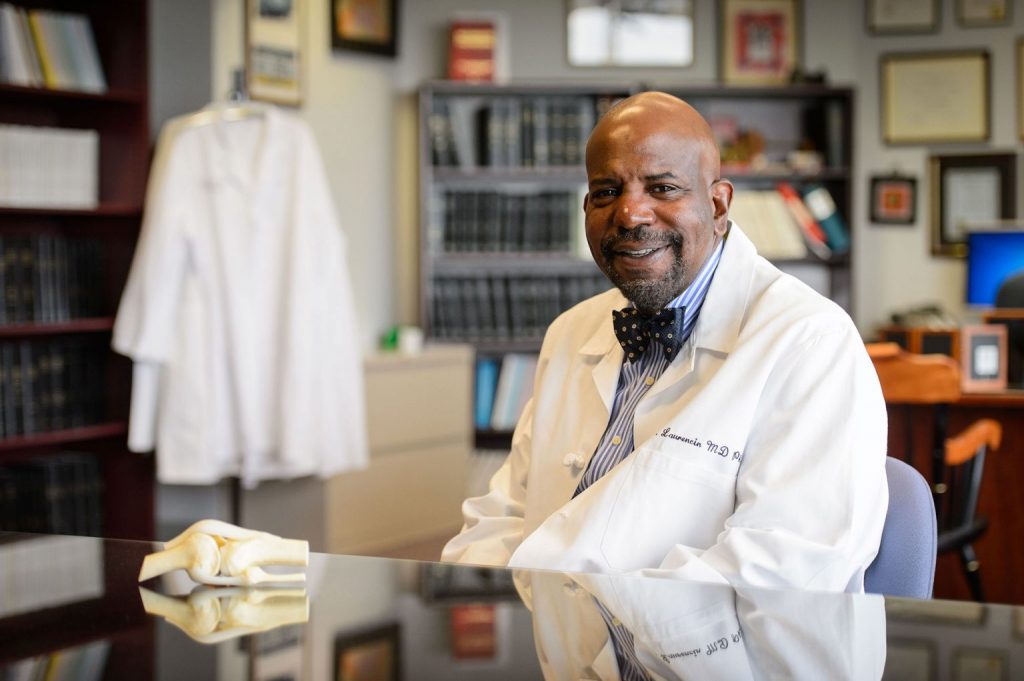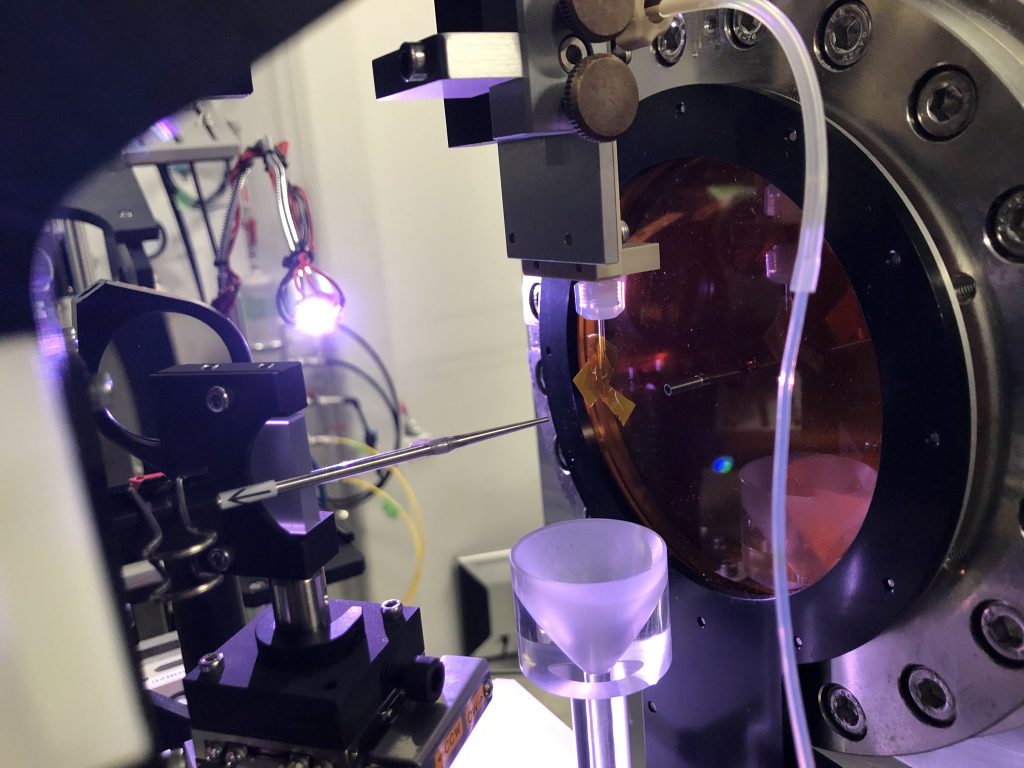Research & Discovery
Study: Being a Fan at Gampel Pavilion (and Elsewhere) Absolutely Rules
Research demonstrates that the in-person experience is richer than watching an event on TV
January 25, 2022 | Kimberly Phillips
CAHNR Honors Former Dean Cameron Faustman’s Decades of Service
The CAHNR community came together virtually to recognize the contributions of beloved alumnus, emeritus professor, and interim dean Cameron Faustman
January 24, 2022 | Anna Zarra Aldrich, College of Agriculture, Health and Natural Resources
Meet the Researcher: Jacqueline Chen, CLAS
Jacqueline Chen, assistant professor of social psychology, is interested in the experiences of Multiracial people and developing inclusive mentorship strategies
January 24, 2022 | Anna Zarra Aldrich '20 (CLAS), Office of the Vice President for Research
Even After James Webb Space Telescope Launch, Astronomers Still on the Edge of their Seats
'I'm excited to get to work to learn about the mysteries of the universe'
January 24, 2022 | Elaina Hancock
Suicide Attempts On the Rise, But Help is Hard to Get
Only 40% of people who need mental health services report being able to access them
January 21, 2022 | Kim Krieger
The Science of Distraction: Neag School Professor Explores Fluctuations of Attention During Science Learning
Addressing the need to understand how students pay attention in virtual, as well as face-to-face, classrooms
January 21, 2022 | Matt Engelhardt, Office of the Vice President for Research
Ground-Breaking Clinical Trial Participant First in the World to Receive Phase III Infusion for GSD Type Ia
'“This is very exciting. It’s a culmination of over 20 years of research'
January 20, 2022 | Jennifer Walker
UConn’s Cato T. Laurencin Engineers Synthetic Artificial Stem Cells; Discovery Opens the Door for Advancement in Regenerative Therapies
A new way to avoid the potential pitfalls of traditional stem cell therapies
January 20, 2022 | Anna Zarra Aldrich '20 (CLAS), Office of the Vice President for Research
New X-Ray Technique Sees the Crystal in the Powder
'Every single one of these is a special snowflake'
January 19, 2022 | Kim Krieger
Eversource Energy Center Prepares for Storms with Stormwise Program
Stormwise helps develop forest systems in Connecticut that are resilient to climate change and coexist with human infrastructure
January 19, 2022 | Anna Zarra Aldrich, College of Agriculture, Health and Natural Resources
